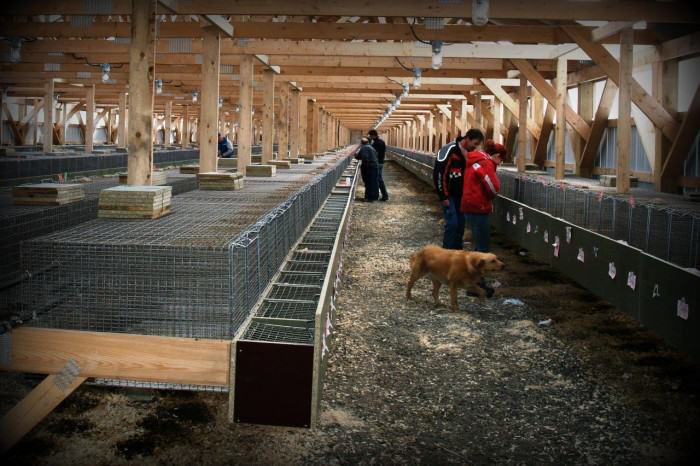
In this age of “shock imagery” being used to promote political agendas, it’s easy to paint an entire industry by the actions of a single actor. As the fur farming industry well knows, a suspect undercover video produced in China almost 10 years ago, of an animal being horribly skinned alive, is still being used to paint the industry worldwide. Though the creators of that undercover video have refused to provide the un-cut footage, identify the perpetrators so they can be prosecuted (yes, it is a crime in China) or even reveal the location or time it was made, they still try to use it as “proof” that fur production should be outlawed.
Today we continue to find that animal-rights groups, in their efforts to ban animals from our diet, clothing, medical research and pet stores, are increasingly using undercover video as “whistleblower” evidence of cruelty or neglect.
No one, especially those of us whose livelihoods depend upon healthy, well-cared for animals, wants to see an animal injured or treated badly. U.S. mink farmers, and, indeed, all animal agriculture, not only view animal welfare as a moral obligation, but know that humane care is critical to producing the quality food and fiber that America is recognized for.
Fur Commission USA supports both “whistleblower” protection laws and farm protection statutes. While extremists, often through deceit and creative editing, continue to generate and distribute shock imagery that supports their world-view, it is important to farmers in the U.S. that credible evidence of actual abuse or neglect is identified in a timely manner, and reported to the proper government authorities for investigation so that any problems can be immediately corrected. It is, and should be, all about the well-being of the animals.
Too often we see these anti-animal use groups hold back their “evidence” in order to receive maximum media coverage. They don’t want pesky issues like war, disease or human suffering to take attention away from their agenda.
Does this help the animals? No. In fact, between the time an undercover video may actually have been taken, edited and broadcast, months may have gone by. In that time, if the video is a true depiction, how much animal suffering could have been prevented?
Regrettably, it is painfully obvious that often these organizations appear to care less about the animals than they do about maximizing publicity, self-promotion and fund raising – and that should be the real crime.
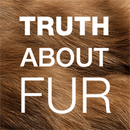
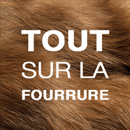






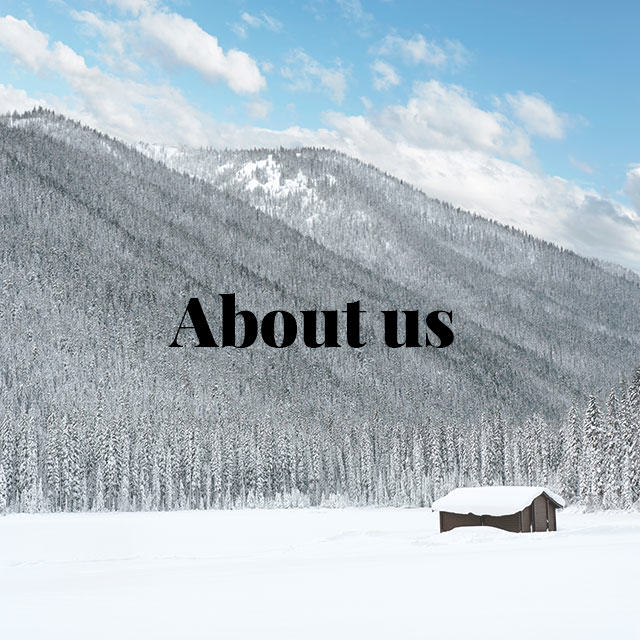
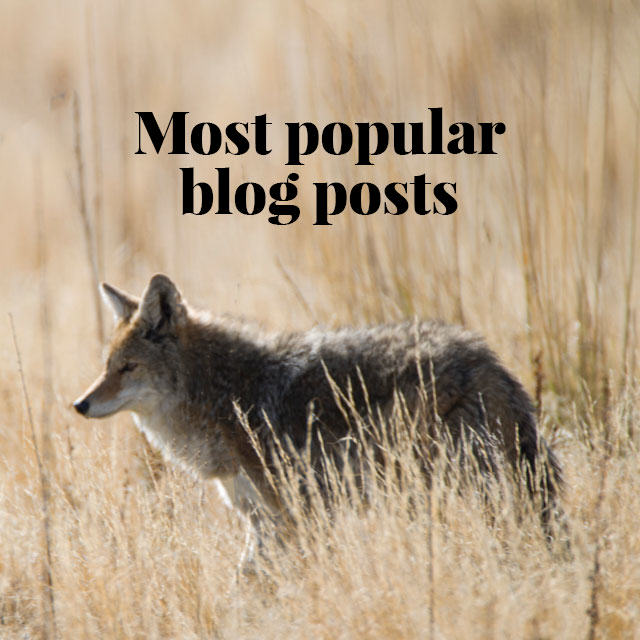

I’m afraid that I find the whole of this website a load of bullshit. Not one of you is going to say anything detrimental while you are making a comfortable living out of the cruel slaughter of these animals. You are so smug about the $300 million profits you are making out of the animal’s misery. You brag about how wonderful their lives are. They must be deliriously happy spending their lives in wire cages waiting to be gassed. The most sickening is the garbage that comes out of the mouths of veterinarians. They must be paid handsomely to go against their Hippocratic oath. They have no morals. If only you all had the morals and compassion of the brave whistleblowers.
Dear Sue, thank you for your response. When you cite “$300 million in profits”, you are forgetting that much of the value of sales is needed to pay production costs. More importantly, allow us to address your comment about veterinarians and the Hippocratic Oath. This oath has been traditionally taken by physicians and their assistants, though taking it is not a requirement of their profession. It has changed over the centuries, but today is most commonly associated by laymen with the phrase “utmost respect for human life from its beginning”.
Veterinarians do not take the Hippocratic Oath. However, they may take a comparable oath, such as the Veterinarian’s Oath adopted by the American Veterinary Medical Association. This oath states, “I solemnly swear to use my scientific knowledge and skills for the benefit of society through the protection of animal health and welfare, the prevention and relief of animal suffering, the conservation of animal resources, the promotion of public health, and the advancement of medical knowledge.”
Note that the Veterinarian’s Oath is concerned primarily with the benefit for human society, because protection of animal health is essential for the welfare of humans and human society. A veterinarian is not concerned, however, with the absolute sanctity of animal life in the way that physicians are sworn to protect human life. We understand that some people now try to avoid any use of animals (the “animal rights” philosophy), but most people still believe that it is ethical and acceptable that we use animals to feed, clothe and otherwise help humans.
Great article.